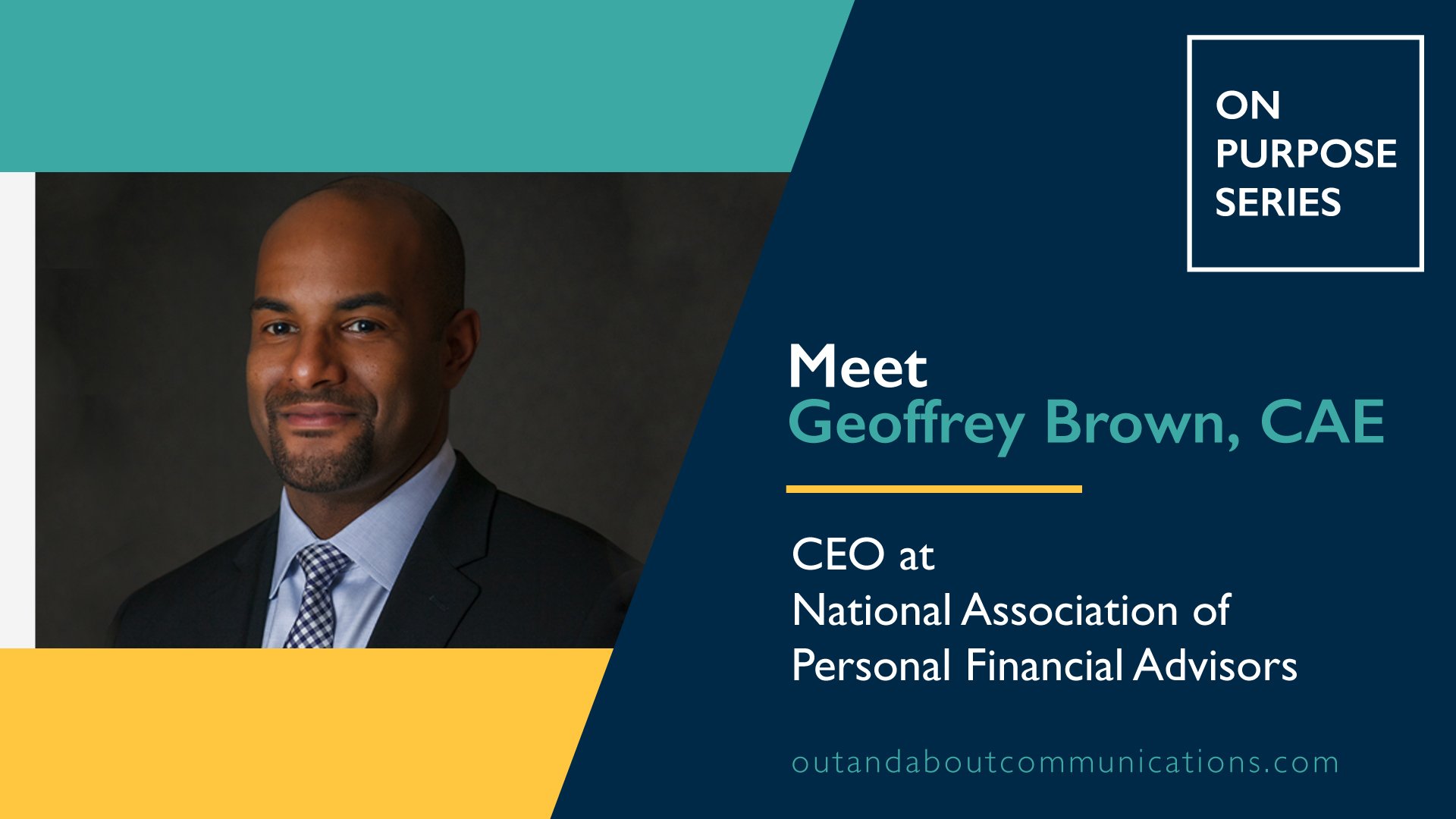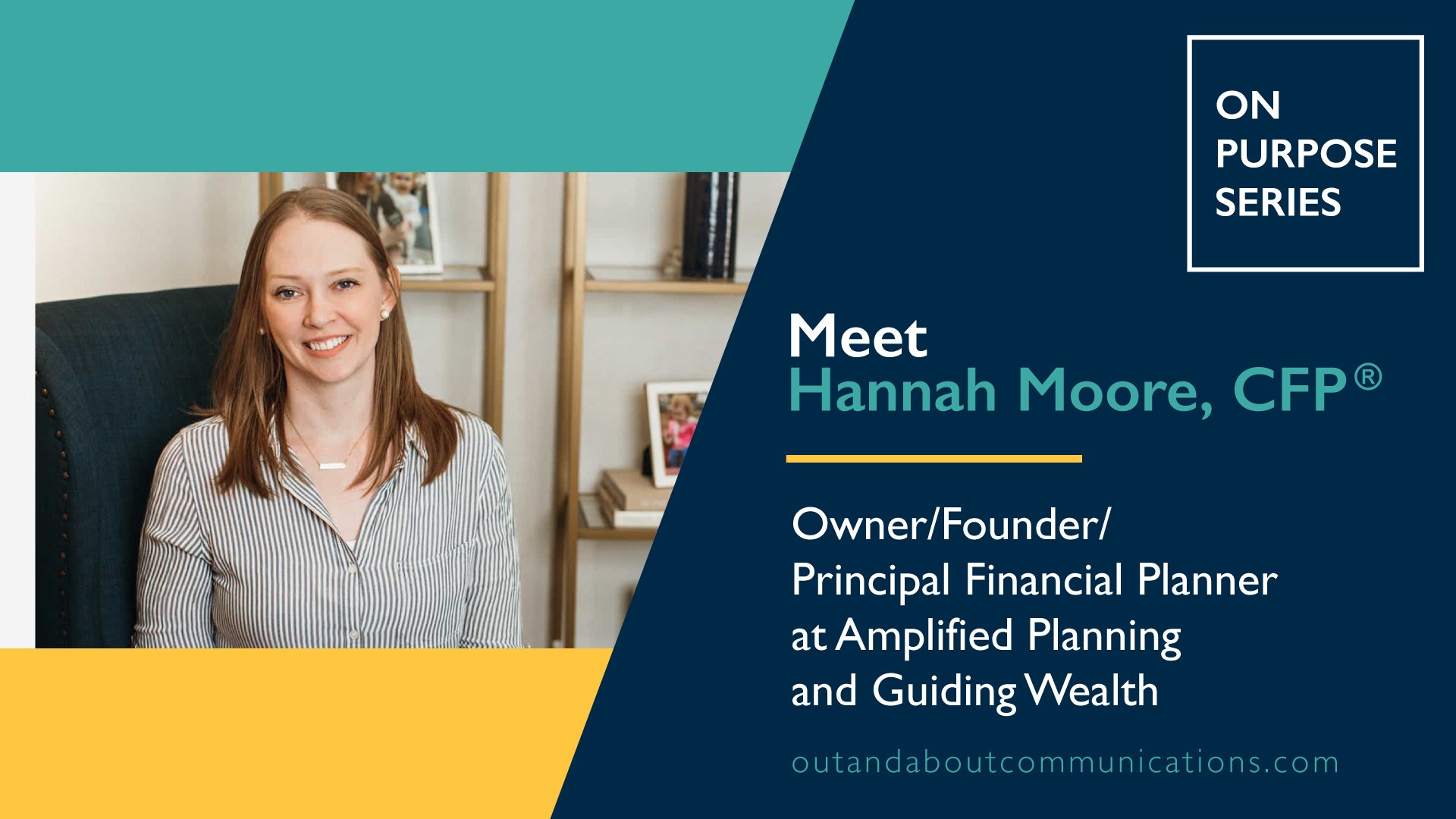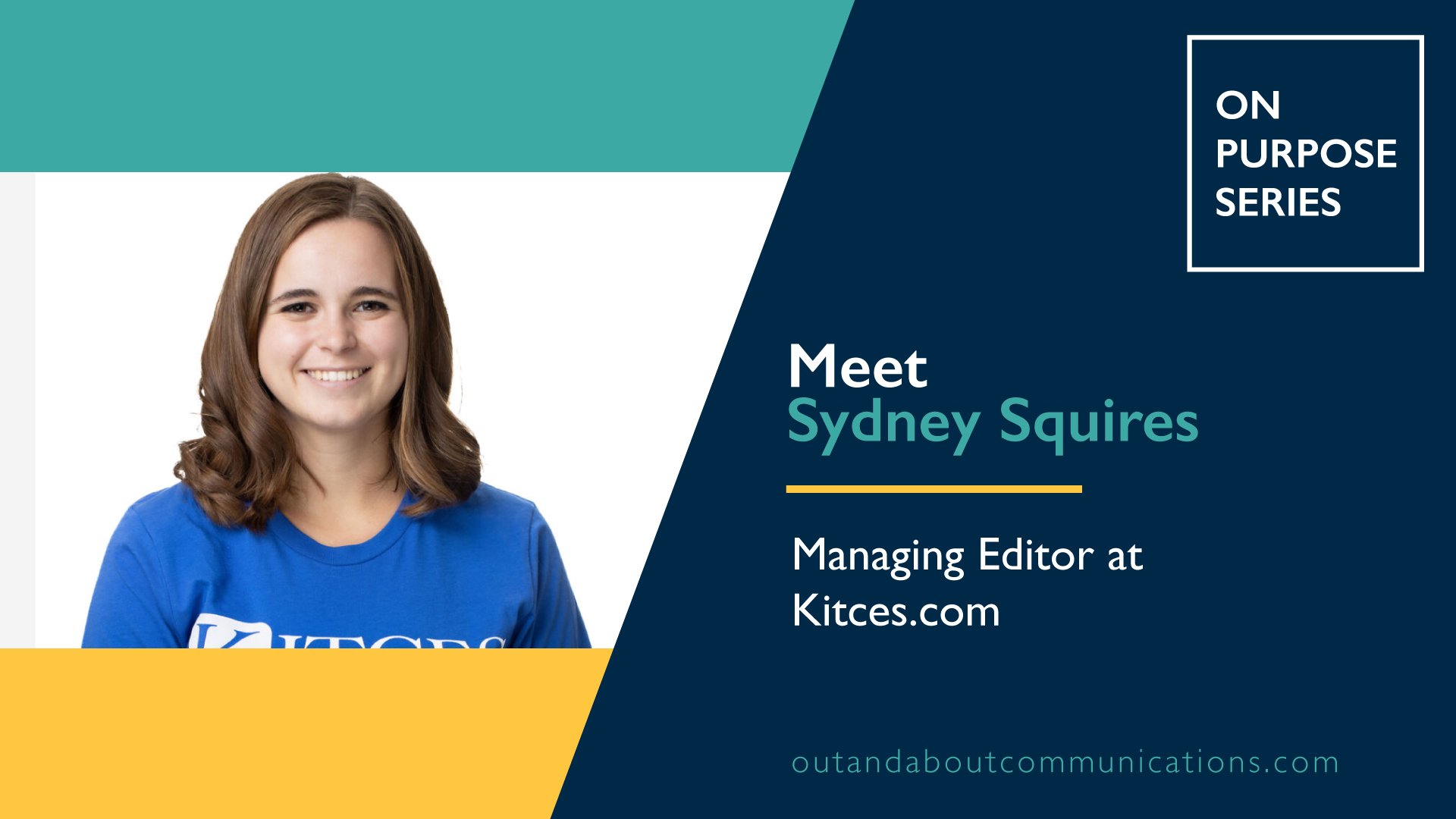A proud San Diego native, Daniel Lozier works for Primary Funding as the director of sales and marketing.
Daniel has spent nearly 10 years at Primary Funding, working in a variety of roles. His current leadership position allows him to help position the company for long-term success by focusing on their team and the client experience. In his experience, Daniel believes total transparency is key in tackling misconceptions in the industry, such as factoring as a cost.

How is your company positioning itself for success long term?
What a great question and certainly something that is always on our mind! There are a number of initiatives we’re implementing to ensure our success over the long term, but to highlight some of the more significant ones:
Investing in our Team
We understand our success is driven by building a team of motivated and enthusiastic people. Knowing this, it’s our responsibility as owners, to create a positive atmosphere where our team feels supported, challenged, and fulfilled. This is something that is top-of-mind on a day-to-day basis. However, a few unique things we do to support this are:
- Really emphasizing work-life balance. Every year we give our employees $1,000 to put toward a vacation of their choice!
- Conducting weekly meetings with each team member. We check in on workload, challenging situations, and areas we can provide support.
- Holding monthly all-company meetings. We collaboratively discuss our goals and strategic initiatives and our progress toward each one.
- Acknowledging the accomplishment when goals are met. We like to treat the team to some unique outing or getaway to celebrate!
Creating a Positive Client Experience
Our ultimate goal is to help our clients grow and succeed! From the initial onboarding process to years into our relationship, we are always mindful of and looking for ways to support that goal and create a positive experience. We’ve invested in technology to streamline our processes; have structure in place to assist our clients with any of their business needs; and most importantly, we are sure to check in and ask our clients how we are handling the relationship. At the end of the day, we do business with people and we never want to lose sight of that!
What makes you proudest about working for your company or in the financial services industry?
I’m most proud of the fact that our team members all live by and hold each other accountable to our company’s core values (listed below). It’s common for organizations to talk about their core values at orientation day and then seemingly never bring them up again. For us, living by our core values is first and foremost. Our core values hang on our office wall; they are one of the first things you see when you walk in our office, and we are sure to bring them up and check in as much as we can!
Core Values
- Be truthful and only make promises you can keep.
- Find ways to improve the company and yourself.
- Be respectful — treat others the way you want to be treated.
- Embrace change for the sake of progress.
What is the most unpopular opinion in the industry, and how do you address it?
The most unpopular opinion in my industry (factoring) is the cost. Factoring as a product and its associated costs are often misunderstood and inappropriately compared to traditional bank lending. For me, the best way to address this issue is straight on with full transparency.
This generally requires a collaborative conversation about what factoring is and the problem it’s intended to solve. Some common talking points I find are:
1. Factoring should be used as an alternative to traditional bank financing. I always tell my clients, if a traditional FDIC insured bank (meaning a Chase, Bank of America, etc.) is able to provide you with the capital necessary to achieve your growth objectives, start there. In the event the bank is unable or cannot approve you for the amount necessary, then factoring is a great option. In a situation where a company has been declined by a bank and wants to grow, its typical options are:
a. Borrow from friends and family: This may be viable, but from my experience, when companies are experiencing high growth scenarios, family and friends just don’t have enough.
b. Raise capital and dilute equity: This is time-intensive, intrusive, and in the end can be the highest cost.
c. Use factoring: It is flexible and scalable, isn’t considered debt, and doesn’t require owners to give up equity.
2. Factoring is for everyone. This just isn’t true! First, factoring looks at monetizing a company’s accounts receivable, which means the company has to be selling its product or service to other businesses (B2B sales). In doing so, factoring wouldn’t work for businesses that are direct to consumer, retail shops, bars, or restaurants. Second, factoring is best used when looking to take advantage of high growth scenarios. If sales are flat or declining, factoring may not be the best solution. Third, factoring should be looked at as a cost of doing business and as a result has a direct impact on your gross profit margins. When exploring factoring, it’s important you understand what your margins are and determine if you can absorb the marginal cost.
3. Factoring is too expensive. This simply isn’t true. On average, my clients are only paying 2% to 2.5% of a given invoice. In growth scenarios, this is a nominal discount to pay to grow! Think about this:
If a company gets in front of a new PO/contract but isn’t able to fulfill it because it doesn’t have enough cash on hand (capital is tied up in A/R and inventory), does it make sense for that company to decline the new opportunity or look at factoring (monetizing) a few existing invoices at a small discount (2% to 2.5%) to fulfill the new order?
If you enjoyed learning about Daniel, share this spotlight!
Resources
- Primary Funding
- PFC Gazette (Company Newsletter)
- “Accounts Receivable Financing/Factoring”
- Get to Know Daniel Lozier
- Primary Funding Facebook
- Primary Funding LinkedIn
- Primary Funding Twitter
- Primary Funding YouTube Channel
To learn more about our On Purpose guest, please visit Daniel’s LinkedIn page.
On Purpose: Growth Trajectory Strategies from Financial Services Leadership
The goal of the On Purpose series is to elevate leadership insight from the financial service industry's best and brightest. We do this by showcasing changing trends in mentorship, business strategies, marketing, and company culture. Stay up on these trends by signing up here:






